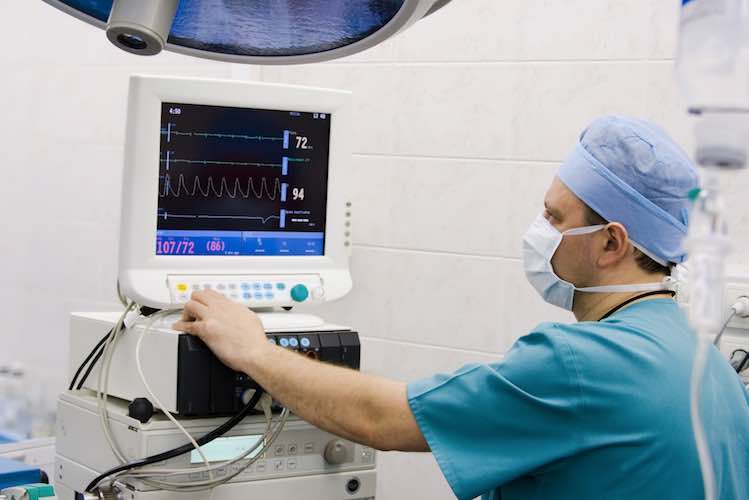General anaesthesia is vital to a plethora of important – sometimes life-saving – procedures you may undergo in hospital. Medical advances also mean it’s more commonplace than ever, and it’s highly likely you’ll undergo a general anaesthetic at some point in your life. Despite the obvious benefits, some doctors are concerned that anaesthesia could pose a risk to young children. Previous animal studies have demonstrated that repeated exposure to general anaesthetic alters brain development in a way that’s permanent. What about in humans?
An Australian study linked the records of children born in New South Wales who had an assessment of their development when they started school in either 2009 or 2012, or had a Year 3 NAPLAN test result in either 2008 or 2014, which provides a reasonable idea of a child’s reading, writing, spelling, grammar and numeracy. The researchers compared the school results of children who’d undergone a procedure involving general anaesthesia before they were four years old compared to those who hadn’t had a hospitalisation at all. They looked at how many times the child had gone under a general anaesthetic and excluded children with special needs, congenital conditions or disorders like autism and cerebral palsy.
Compared to children who hadn’t undergone a procedure with general anaesthetic, those who had had a 34 per cent increased risk of lower numeracy scores on their school tests, and a 23 per cent increased risk of lower reading scores on their school tests. When the analysis was tweaked so it compared children who’d never gone under general anaesthetic to those who’d done so just once, there was no increased risk of lower reading scores, but the numeracy score risk persisted.
Implications
This is a tricky topic – the use of a general anaesthetic is often critical and life-saving. But the study’s authors have a number of suggestions for parents who may have a child about to go under general anaesthetic. They say to ask your doctor whether the procedure can be avoided, delayed, or if there’s an alternative treatment. If procedures involving general anaesthetic are necessary, then following up with the child once they reach school to see if they are experiencing learning difficulties (and appropriate interventions if they are) could be beneficial.





